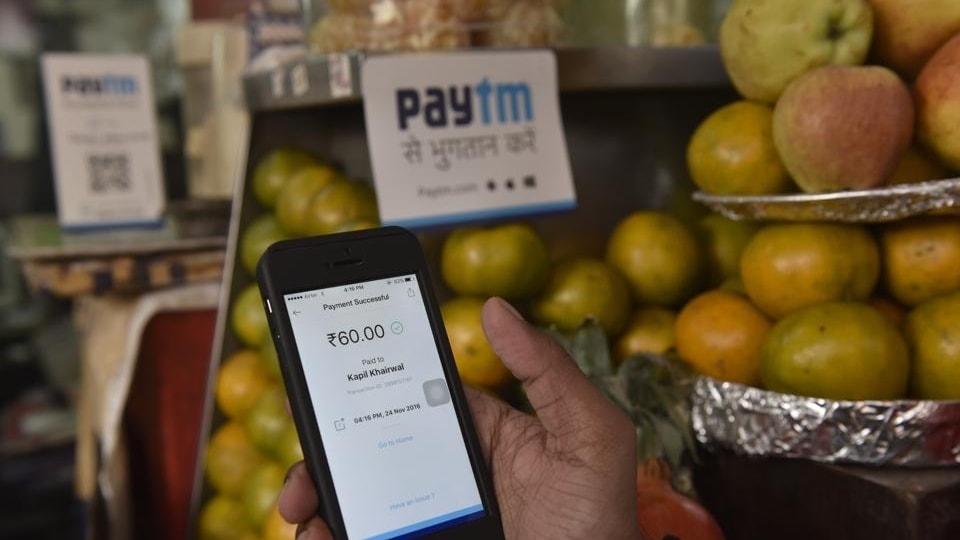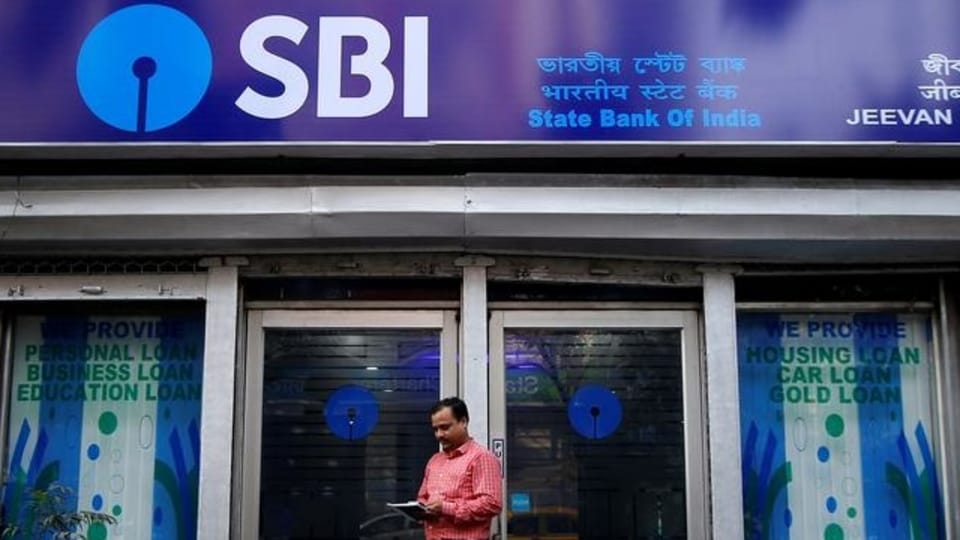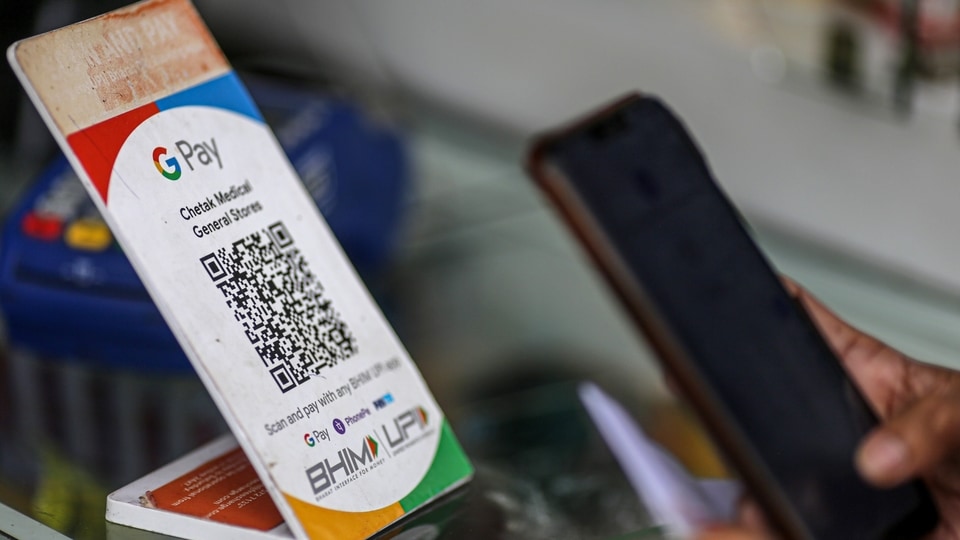Actor Annu Kapoor loses 4.36 Lakh from bank account in online scam; Here is what happened
Actor Annu Kapoor fell prey to an online fraud and lost Rs. 4.36. Know what had happened.






 View all Images
View all ImagesThe Indian government had recently released the data on online frauds and revealed that these cases have come down by about 17.5 per cent in FY'22 to Rs. 128 crore as against Rs. 160 crore in the previous year. However, scammers and fraudsters are still active with new tactics to steal your money. The latest victim of a cyber fraud is none other than the famous Bollywood actor Annu Kapoor and he has lost around Rs. 4.36 lakh from his bank account.
Posing as a bank official, an online fraudster conned actor Annu Kappor by asking him to provide one time password and bank details in order to complete ‘mandated KYC'. Unfortunately, the actor provided the details and within a short period of time, the fraudster stole Rs. 4.36 lakh in two transactions. Thankfully, actor Kapoor visited Oshiwara police station and lodged a complaint as soon as the money was deducted from his bank account. Immediately, police helped to freeze an amount of Rs. 3 lakh, HT report mentioned. Police also informed that the bank had already alerted the actor about suspicious transactions.
A police officer claimed that there is a great possibility of recovering the money if the victim informs police within the first two hours after an online fraud, which is called the “golden hour.” Police claim that after learning the recipient's bank information, they contacted nodal branch officials to ask them to halt all withdrawals from those accounts. According to the police, the fraudster named Krishnakumar Reddy warned Kapoor that his account would be closed if the KYC information was not updated. He first transferred Rs. 2 lakh and later Rs. 2.36 lakh from Kapoor's account, police officials informed.
NEVER do this to stay safe from online scams
- First and most important tip to avoid becoming a victim of online fraud is to never share your banking details and OTP with anyone.
- Always check the background of the callers or their email ID to ensure they are authentic officials of the bank or not.
- Cross check by giving a call to your bank while taking the contact information from the bank's official website. You can also visit the bank if required.
- If you think you have been scammed, you should immediately inform your bank and police about the same, just like in the case of Actor Annu Kapoor.
- You should note that a bank will never call you with such an excuse and it will also never ask you to provide your username, bank account number, password, QR Code or offer to transfer your money to a new account.
- Check for the grammar and spelling mistakes in case you receive a suspicious email or text message.
Catch all the Latest Tech News, Mobile News, Laptop News, Gaming news, Wearables News , How To News, also keep up with us on Whatsapp channel,Twitter, Facebook, Google News, and Instagram. For our latest videos, subscribe to our YouTube channel.































